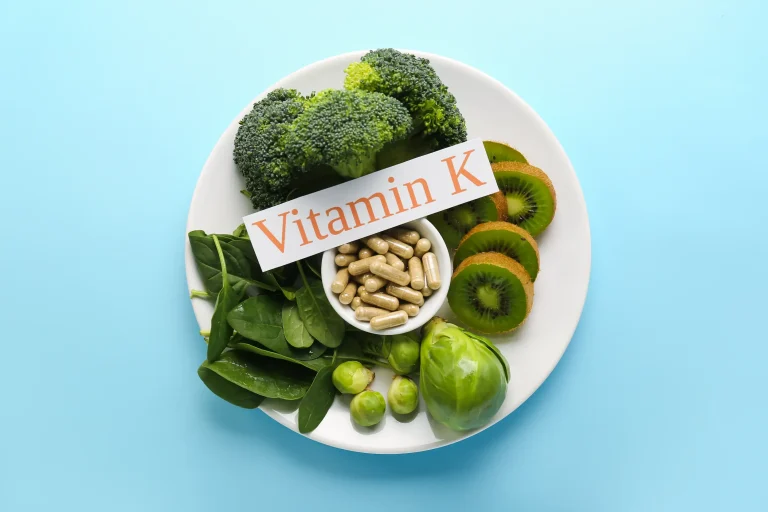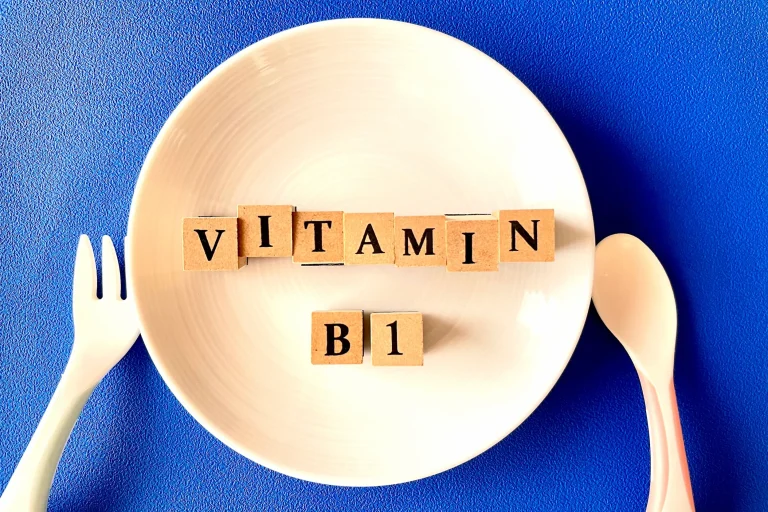Does vitamin C help with colds?
As winter and the flu season arrive, you’ll probably notice colleagues and friends reaching for the vitamin C tablets, vowing to use them to keep sniffles and mild sicknesses at bay. The practice has become so widespread that vitamin C is now all but a synonym for improved immune function.
What does this useful nutrient do for your immune system, though, and is there a scientific basis for its status as a cold-killer? In this article, we describe how vitamin C interacts with your immune system so you can better understand the significance of this valuable nutrient.
Can vitamin C help the immune system?
The notion that vitamin C prevents or reduces the incidence of the common cold has been the target of a lot of research for many years. It’s not a magic pill that will keep you from ever getting a cold, but there is some research that supports the idea that vitamin C can help to stimulate the immune system and reduce the severity and length of common colds.
Meta-analyses of randomised control trials have demonstrated that vitamin C effectively reduces the severity of colds. This impact seems to be more effective for severe colds, with milder colds seeing less impressive results.[1]
Other studies suggest that vitamin C supplementation can shorten the duration of colds and, in good-to-low vitamin C status populations, may lead to fewer instances of colds and shorter colds when they do occur.[2]
Beyond the common cold, vitamin C’s effect is extended to overall immune function. It is an essential micronutrient that is involved in many areas of the immune system, such as aiding immune cell function and serving as an antioxidant that shields immune cells from harm. Thus, adequate vitamin C intake contributes to the normal functioning of the immune system.
How does vitamin C help the immune system?
Vitamin C strengthens your immune system in a number of very important ways at the cellular level. It’s not a single action; it’s more of a multi-purpose role that assists your body in protecting itself from disease-causing entities.
Here’s how vitamin C assists in enhancing the immune response:
- Provides Antioxidant Protection: Vitamin C is a potent antioxidant. It shields immune cells, including phagocytes and lymphocytes, from oxidative damage due to free radicals that are generated in an immune response. Through its destruction of these dangerous molecules, vitamin C allows such cells to function at their best.[3]
- Aids Immune Cell Function: Vitamin C is used in the manufacture and functioning of some of the immune cells. For example, it aids the functioning of phagocytes, the cells that “consume” disease-causing bacteria and viruses. It also aids the development and functioning of lymphocytes (T-cells and B-cells), the cells involved in adaptive immunity and the formation of antibodies.
- Strengthens Skin Barrier Function: Your skin is your body’s first line of defence against germs. Vitamin C is necessary for the production of collagen, an important protein that keeps your skin and other epithelial barriers healthy. A healthy barrier in the skin prevents germs from entering your body.
- Decreases Oxidative Stress: Infections subject the body to increased oxidative stress. Vitamin C is a stress-reducing agent that enhances the body’s healing capabilities and decreases the likelihood of tissue damage.
- Modulates Immune Response: Vitamin C was found by some scientists to be able to regulate the immune response, preventing unnecessary inflammatory responses that would cause damage to the body’s own tissue. It was found to complement many of the cellular processes of both the innate and adaptive immune systems, and deficiency would weaken immunity and make one more susceptible to infection.[4]
By assisting these cellular processes, vitamin C assists in keeping your immune system healthy and capable of responding to challenges. Maintaining healthy levels of vitamin C, either from diet, supplements or a combination, is an active measure you can take to help defend your body’s natural immunity.
Our selection of vitamin C supplements, such as Vitamin C 1000 mg tablets and Vitamin C chewable tablets, can ensure that your levels are at their optimum, especially when your immune system is under additional strain, such as in flu season.
References
[1] Hemilä, H., & Chalker, E. (2023). Vitamin C reduces the severity of common colds: a meta-analysis. BMC Public Health, 23(1), 1-10.
[2] Hemilä, H., & Chalker, E. (2014). Vitamin C supplementation and the common cold: a meta-analysis of randomized controlled trials. Nutrients, 6(7), 2572-2592.
[3] Carr, A. C., & Maggini, S. (2017). Vitamin C and Immune Function. Nutrients, 9(11), 1211.
[4] Chambial, S., Dwivedi, S., Shukla, K. K., John, P. J., & Sharma, P. (2017). Vitamin C in Disease Prevention and Cure: An Overview. Indian Journal of Clinical Biochemistry, 32(4), 389-390.








